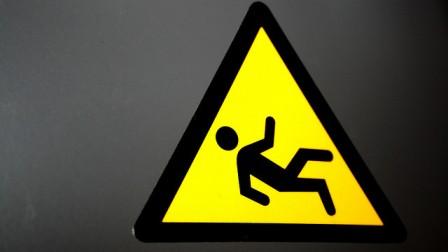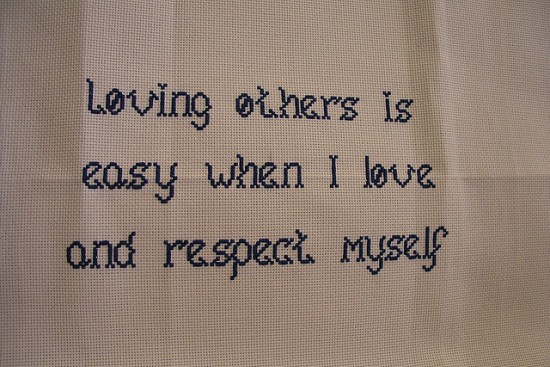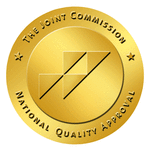Increasing Your Self-Esteem In Addiction Recovery
Addicts are prone to self-loathing, and negative feelings about ourselves tend to spike in early recovery. As you come off the drugs or put down the bottle, you can look back at addiction with clearer eyes and really see the extent of the damage you caused to yourself, life, and loved ones. Feelings of guilt and shame in early recovery are to be expected, and it’s so important to learn how to manage the negative feelings and low self-esteem in recovery and get past them.
Overcoming those negative feelings is difficult, but it’s possible. Self-esteem is something that needs to be developed, and it’s best to take a proactive approach. As long as you want to feel better about yourself, in time, you will. Here are some suggestions that can help you.
4 Tips To Increasing Self-Esteem In Recovery
1. Forgive yourself.
In recovery, forgiving yourself for what you did during your addiction is often one of the hardest things to do. There is no one more critical of ourselves than ourselves. But you need to remember that the person you were under the influence is not the person you really are. You cannot change the past, so you need to forgive yourself for it and move onto the present with the promise that you’ll learn from your mistakes and won’t repeat them. Accept your past, and focus instead on being a better person today.
2. Be proud of yourself.
Once you’ve forgiven yourself, it’s time to try and turn some of those feelings of guilt into feelings of pride. As addicts, we tend to beat ourselves up even when we should be giving ourselves credit. Instead of feeling guilty about your past addiction, feel proud of yourself for doing the hard work it takes to make a change. Quitting drugs and alcohol is incredibly difficult for an addict, so you’ve already overcome quite the hurdle, and that is nothing to shrug about.
3. Surround Yourself with positive people
It’s essential to have a support system in recovery, because overcoming addiction isn’t something you have to or should do alone. If you surround yourself with positive people, by proxy you’ll start developing a more positive attitude about life and yourself. Your friends and the people you associate with should make you feel good about yourself. Anyone who puts you down or is a negative influence should not have a place in your life.
4. Be kind to yourself
Finally, be kind to yourself. Treat yourself the way you would treat a beloved friend or relative. You would most likely never be as hard on a loved one or hold them to standards as high as you hold yourself to. Don’t criticize yourself, and don’t get caught up worrying about what you “should” be doing. Love yourself, compliment yourself, and focus on all your good attributes and accomplishments no matter how “small” you think they are. You’re someone who has been through a lot and deserves compassion.
Self-Esteem In Addiction Recovery
Do you have more ideas on how to improve self-esteem? Please share your thoughts or comments in the section below.










 RSS Feed
RSS Feed
